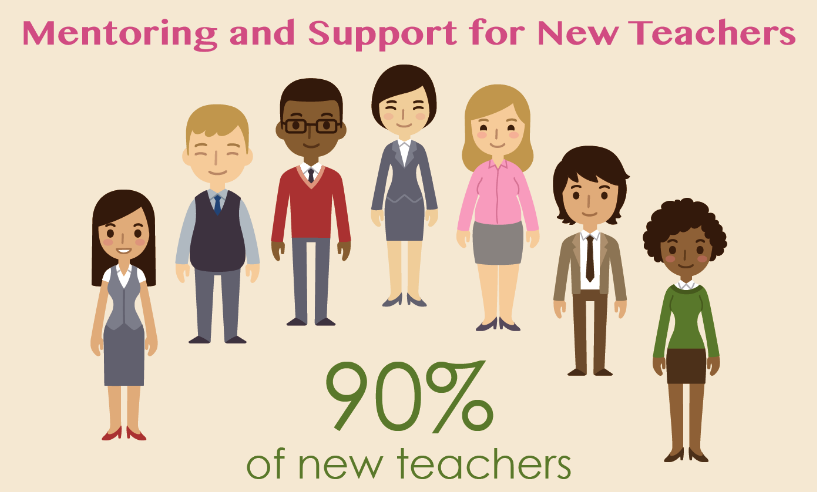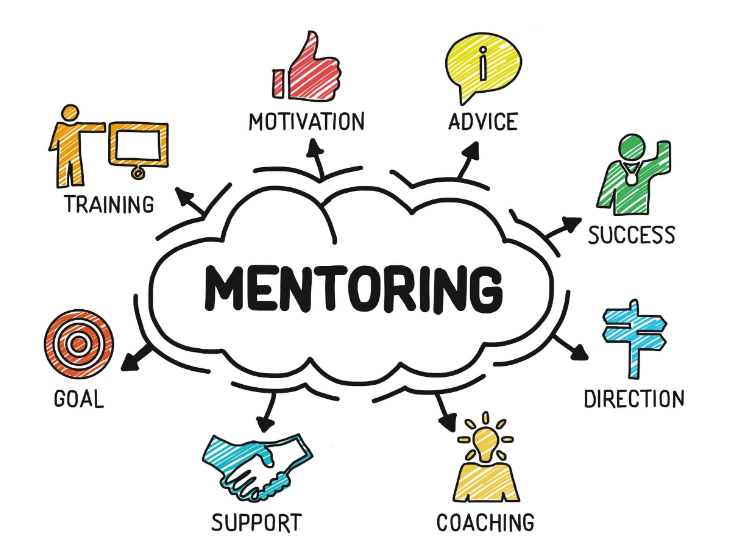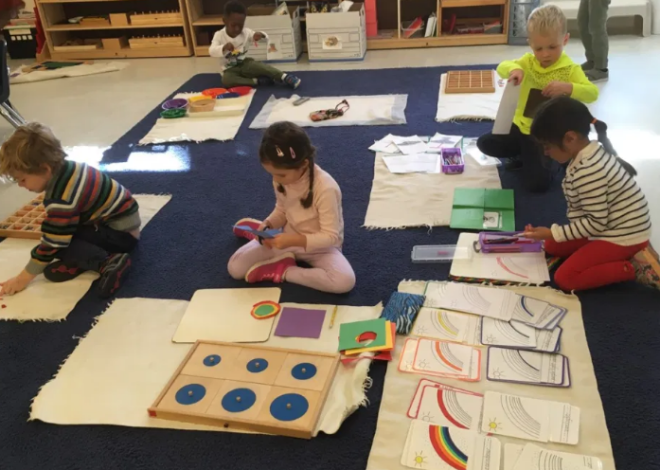
Empowering Educators: The Transformative Power of Teacher Mentorship Programs!
We are thrilled to have you join us in the exciting realm of teacher mentoring, which has the potential to transform classrooms into thriving learning environments by facilitating the exchange of ideas and skills, as well as the improvement of education. As part of our investigation into how these programs evolve, we investigate how we can evaluate the effectiveness of teacher mentorship programs, how we can establish collaborative networks, how we can make use of technology in the classroom, and the science and art of effective mentoring. We invite you to join us as we discuss how mentoring can have a significant impact on the future of education and how it is implemented in the classroom.
Unveiling the Impact: The Essential Role of Teacher Mentorship in Education
It is very vital to have mentoring programs in place to develop great schools since these programs have the potential to transform the way instructors perform their jobs and the way they teach. The purpose of educational guidance programs is to link newly hired teachers with more experienced instructors who can assist their mentees in becoming more accustomed to the routines of school life.
A mentor is someone who helps teachers develop a development attitude, deal with obstacles, and keep going, which eventually benefits their students by making them emotionally stronger. Mentorship is more than just teaching. Significant shifts occur in the realm of education as a result of mentoring. The ease with which knowledge, skills, and passion can be passed along from one generation to the next is one of how it motivates educators to adopt a development mindset.
Building Bridges: The Art and Science of Effective Educational Mentorship
There are two things that mentors need to have for their interactions with instructors to be successful: expertise and understanding. The establishment of goals, the provision of frequent feedback, and the provision of particular assistance are three essential components of successful mentoring programs. This is the phase of the mentoring relationship in which the mentor assists the mentee by pointing out potential issues, providing advice based on their own experiences, and generally navigating them through the complex maze that is the educational system.
The relationship between a mentor and mentee strengthens as the two of them collaborate to establish mutual trust and respect, as well as a shared objective of achieving success for both parties. Teachers need to mix the art of motivating their students with the science of creating tailored growth plans that yield results that can be assessed to achieve even greater levels of success.
Peer-to-Peer Marvels: Exploring Collaborative Teacher Mentor Networks
The conventional style of instruction is enhanced by collaborative mentor networks, which provide educators with a setting in which they can learn from one another. The limitations that come with a one-on-one interaction are removed through the use of peer-to-peer mentoring, which results in the creation of a supportive environment that makes it simpler to discuss ideas, approaches, and experiences.
When teachers attend events of this nature, they have the opportunity to share more of their experiences, which not only helps them learn more but also encourages creativity, flexibility, and a drive to continue improving. The collaborative teacher-mentor networks function most effectively when teachers have the opportunity to offer their distinct points of view. As a result of this, it contributes to the establishment of an atmosphere in which all teachers can succeed and support one another.
Innovation Unleashed: Integrating Technology in Teacher Mentorship
Within the past few years, technology has emerged as an essential instrument for educators to employ to direct and assist their work. Even if they are located in different locations, mentors and mentees can readily communicate with one another and share information through the use of Internet platforms, virtual classrooms, and digital tools.
Mentoring programs that are powered by technology provide educators with a comprehensive set of materials, enable them to collaborate in real-time, and ensure that they are always up to date on the most recent advancements in the field of education. Mentorship programs have been more effective as a result of technological advancements, which have also made it simpler for educators to deal with the fast-paced environment of today's classrooms.
Measuring Impact: Assessing the Success of Educational Mentorship Programs
To ensure that individuals are held accountable and that they continue to develop, it is of the utmost importance to thoroughly examine the effectiveness of educational guidance programs. You may determine the level of success of the program by analyzing factors such as the number of teachers who continue to participate in the program, the level of achievement achieved by the students, and the evaluations of the program's effectiveness provided by both the mentors and the mentees themselves.
The relationship between mentoring professional development and job satisfaction can be investigated in a variety of ways by researchers. These methods include conducting surveys, using self-assessment tools, and conducting frequent evaluations. Programs that aim to improve mentoring practices make use of methods that are founded on observations and data. The curricula can be modified to accommodate the evolving requirements of the teaching staff and the educational system as a whole.
Conclusion:
In another way, it is very evident that programs that train teachers are the cornerstone of a robust school community. Our investigation of how these programs have the potential to improve things comes to a close now. To foster each other's professional and personal development, mentors and mentees who have a great deal of expertise and enthusiasm collaborate alongside one another. In addition, they leave behind a legacy of education of the highest possible standard, which will be enjoyed by students in the years to come. The following generation will be able to inherit this idea.
During this time of celebration for the bright future of education, we mustn't overlook the significant role that mentorship programs play in providing educators with the resources they require to bring about fundamental changes in the lives of their students. This tendency is only going to become more prevalent in the years to come, and it is transforming the way that we learn in ways that will continue to be significant long beyond the conclusion of the last student's education.




